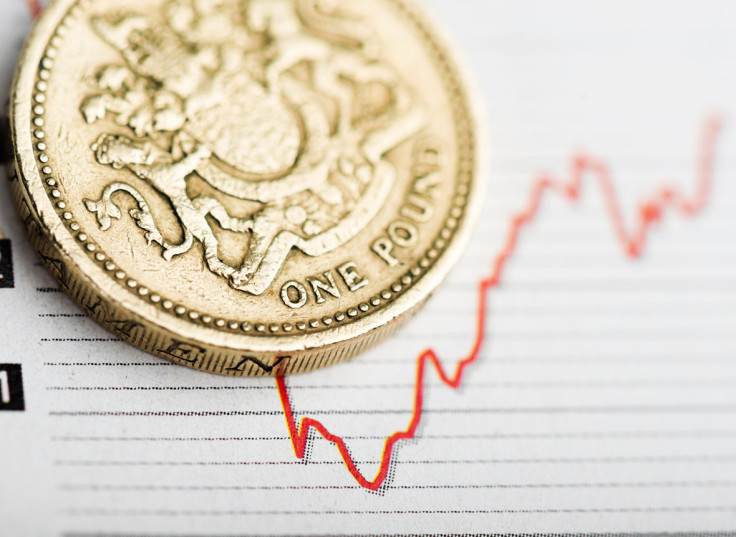FX Focus: Pound sinks to five-week low after inflation data
Boost from higher than expected inflation proves to be short lived as sterling falls below €1.17.

The pound fell to a five-week low against the euro on Tuesday (16 May), after the boost delivered by the latest inflation report soon petered out.
According to data released by the Office for National Statistics (ONS), inflation as measured by the Consumer Price Index (CPI) rose to 2.7% year-on-year last month, the highest level since September 2013, compared with the 2.3% reading recorded in March and analysts' forecast for a 2.6% figure.
"We should expect this rise in inflation to continue as the impact of the weakness if the pound feeds through into higher prices for imported goods and services," said Andrew Sentance, senior economic adviser at PwC.
"Inflation is set to rise to around 3% or higher in the months ahead – with prices likely to be rising faster than wages in the months ahead. The resulting squeeze on consumer spending will reinforce the slowdown in economic growth we are now seeing."
Having briefly rallied following the release, the pound soon lost momentum and by early afternoon it was flat against the dollar, trading at $1.2891, and sank to a the lowest level in over a month against the euro, falling 0.89% to €1.1645.
"The pound's fall in response to today's data suggests markets still don't see this as adding too much pressure on the Bank of England to lift interest rates anytime soon though, with policymakers likely to remain mindful that consumer spending growth could slow abruptly as wage gains fail to keep up with inflation," said Chris Saint, senior analyst at Hargreaves Lansdown.
Jake Trask, FX research director at OFX, added the latest average earnings figures, which will be released tomorrow, could have a bigger impact on the pound. "Despite inflation overshooting estimates, the pound was unmoved against the dollar," he said.
"With Bank of England Governor Mark Carney placing emphasis on the spread of inflation over wage growth, any movement this month is likely to be after tomorrow's average earnings index number.
"Should this beat estimates then we can expect the pound to rally as the spending power of UK consumers avoids being eroded further by the post-referendum drop."
Naeem Aslam, chief market analyst at Think Markets UK, suggested sterling could extend its gains against the dollar, should it break the important $1.30 threshold.
"The $1.30 mark against the dollar remains the key resistance from a psychological point of view and if we break this level, it will open the floor towards the $1.33 mark," he explained.
Elsewhere, aside from the gains against the pound, the euro jumped 0.78% to $1.1066, a level last seen in November 2016 after data showed the Eurozone economy grew in line with expectations. The common currency was also 0.66% higher against the yen, trading at ¥125.71.
"A sharp reduction in political uncertainty here has been the number one driver behind the euro, following the market-friendly outcomes of the French general and German local elections," said Fawad Razaqzada, market analyst at Forex.com
"In addition, economic data – most notably inflation – has been strengthening noticeably here, leading to calls for the ECB to tighten its belt."
The dollar, meanwhile, slid 0.75% and 0.31% against the Swiss franc and the yen respectively, trading at CHF0.9891 and ¥113.44.
© Copyright IBTimes 2025. All rights reserved.






















